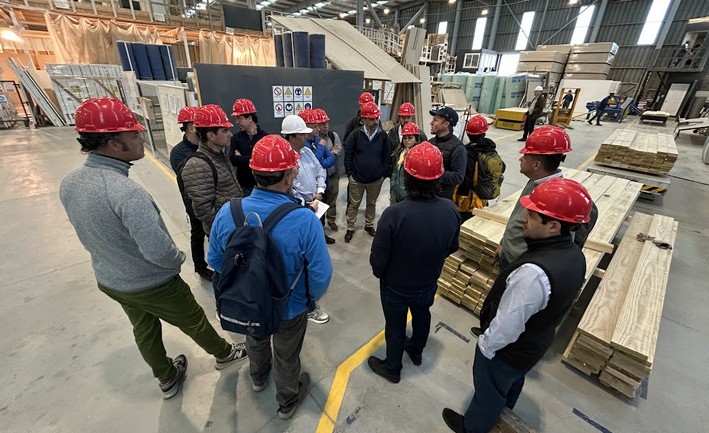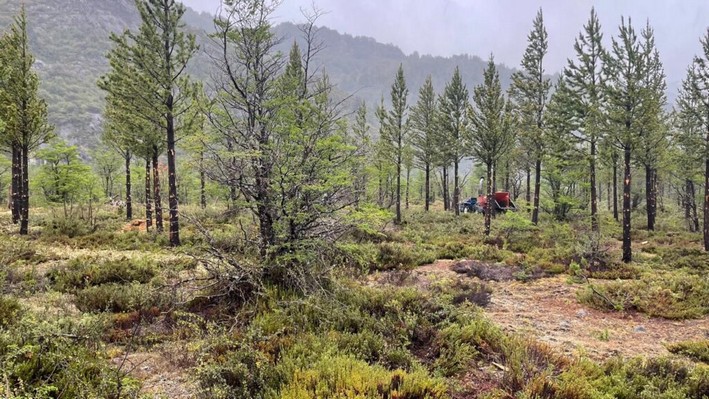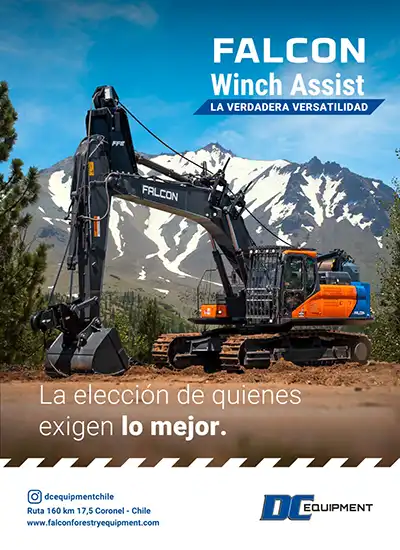This Is Not an Eco-Friendly Product
By Julio Torres, Forestry Engineer from the University of Chile.
It is common to see wood-based or forest byproduct products in the market with packaging messages stating that "this product does not come from native forests" or "no native trees were cut down in its production." The purpose of these messages is to give the product an ecological attribute it may not necessarily possess—a credential of low or even zero impact. In some cases, other claims like "this product was made from fallen trees" clarify that, despite using native wood, producers never committed the "crime of cutting down a native tree" for its production.
Is this type of advertising correct? Is such clarification needed for wood-based products? Does it grant them eco-friendly credentials? Not at all.
Julio Torres.
These claims simply reflect a misguided view of what we understand as sustainability and, certainly, of what we consider effective actions to protect our forests. There is no doubt that vast areas of natural forests should, for various technical reasons, remain excluded from productive timber use. But ideally, these exclusions should be minimal, because such restrictions often exist only as aspirations in the minds of their advocates, rarely becoming reality—especially in a country where most of these forests are privately owned by thousands of individual landowners.
The reality of Chile's native forests is that most require management, and their owners need to generate economic resources through such management to support their families. These forests do not need condescending abandonment as public policy—an abandonment that urban populations mistakenly call conservation.
For this reason, messages emphasizing the complete exclusion of native species in certain products, seeking unwarranted approval, are deeply counterproductive to fostering a genuine forest culture where all forests contribute to our economy and well-being—not just through intangible ecosystem services but also through everyday products.
From now on, when you read packaging claims about using fallen trees or avoiding native species, the correct interpretation should be: "This product does not promote sustainable forest management of native forests," or "This product does not support the improvement of native forests through productive management." It could also be read as: "This product does not promote or support the economic activity of small native forest landowners" or "This product does not include small native forest owners in its production chain."
This interpretation is undoubtedly more accurate in understanding what these producers truly mean with their flawed production and marketing strategy—a strategy that has now taken hold not only among these businesses but also within a significant part of society. Supporting landowners in managing their forests and integrating them into new production chains is the best way to promote the recovery and improvement of our native forest resources. Hopefully, this message will be included on product packaging from now on.










